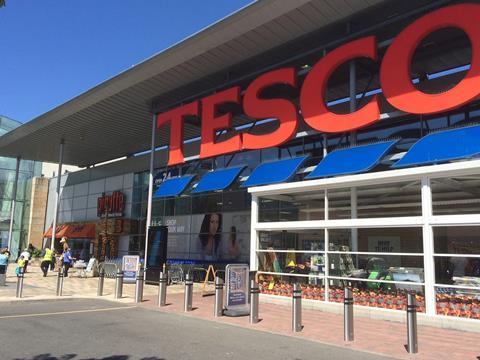
Tesco will unveil a return to full-year profits and the first quarter of UK sales growth in three years on Wednesday, writes The Telegraph. The supermarket chain is expected to make a welcome return to the black, posting pre-tax profits of £447m for the year to the end of February, compared to the huge £6.4bn. Also the grocer is predicted to deliver a 0.8pc lift in UK like-for-like sales in the three months to the end of February. (The Telegraph)
Analysts think the country’s biggest retailer is winning back shoppers with better service and lower prices in its stores, writes The Guardian. The 0.8% sales increase expected by house broker Barclays would be a continuation of the strong Christmas trading period when Tesco revealed a surprise 1.3% rise in underlying sales over six weeks. (The Guardian)
“Tesco turns corner with sales rise” is the headline in The Times (£), while The Daily Mail writes that Dave Lewis will give Dave Lewis gives “a bullish appraisal of its prospects” and that “the supermarket giant’s management is understood to be increasingly confident that the business is gaining momentum”.
Nick Fletcher in The Observer writes: “Lewis is trying to halt the decline by focusing on low prices, improved customer service and better relationships with suppliers (the non-fictional kind)… Its update should show some signs he is succeeding, although there is still a way to go.” (The Guardian)
Frozen food chain Iceland has vowed to take on rival discounters Aldi and Lidl with the expansion of its Food Warehouse format. The group already has 12 Food Warehouse shops in out-of-town retail parks and now plans to open 25 a year. It follows a fierce battle after the German companies forced their way into what had traditionally been Iceland’s key market on the High Street. (The Daily Mail)
The Financial Times (£) looks at the potential returns for Brewdog’s “equity punk” investors after 4,000 of them met in Glasgow on Saturday. Brewdog says its investors have already seen a 443% return, but the FT is more sceptical. “For cheaper beer and free parties it might be fine. But as a serious investment? Well, at least shareholders are well placed to drown their sorrows if it all goes wrong.”
The Telegraph also looks at the financial case for Brewdog, writing: “Given BrewDog’s strong growth, then, why should the bearded hipsters that drink its beers be concerned about investing in the business? For one, there is the company’s lofty valuation.”
Meanwhile, Brewdog made the top 10 of The Sunday Times’ Profit Track 100 league table, which ranks Britain’s 100 private companies with the fastest-growing profit. Brewdog was tenth, while Krispy Kreme, JJ Food Service and Butcher’s Pet Care also made the top 100. Seabrook Crisps was picked out as a potential contender for next year. (The Times £)
Diageo has confirmed that the search for a new chairman was under way as Franz Humer prepares to step down after eight years at the helm of the FTSE 100 drinks group. (The Times £)
Barclays has teamed up with internet shopping giant Amazon to use its outlets as collection points for deliveries in an attempt to breathe new life into its branch network. The bank has been trialing delivery lockers across sites in London. If successful the plan could be extended across the Barclays network. (The Daily Mail)
An investor revolt over the £23m pay package handed to the boss of Reckitt Benckiser threatens to spark a new shareholder spring. Rakesh Kapoor will face angry investors at the annual meeting next month. Last year, 17.2% voted against his remuneration when it was almost half the figure announced last week. The rebellion is likely to be “significantly higher” this year, according to one top 20 shareholder. (The Times £)
The Co-operative Bank and its former parent the Co-operative Group have begun talks to separate their £9 billion pension scheme. The move would mark a further break between the two parties, but agreeing how to split the multi-billion assets and liabilities could prove fraught. (The Daily Mail)
The boss of Stock Spirits faces a growing rebellion after shareholders voiced support for a Portuguese cash-and-carry tycoon who is trying to stage a coup at the London-listed company. (The Telegraph)
Big investors managing $1tn of assets have called on the world’s largest food companies to end the excessive use of antibiotics in their meat supply chains, amid fears “systemic overuse” of these drugs is damaging human health and hurting financial returns. (The Financial Times £)
Coddled by protective government policies, the millions of small “mom-and-pop” shops that dominate India’s $350bn grocery retail industry have had little real competition, despite the market’s tantalising potential. Yet a clutch of Indian online grocery shopping start-ups have been using technology to bring convenience and a greater choice of products to shoppers. (The Financial Times £)

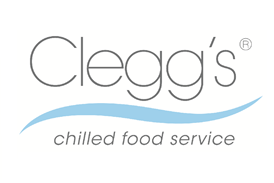





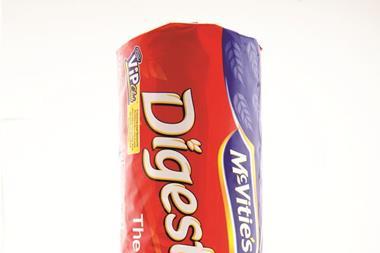

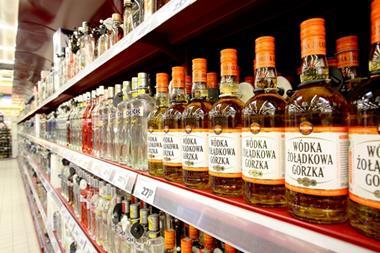
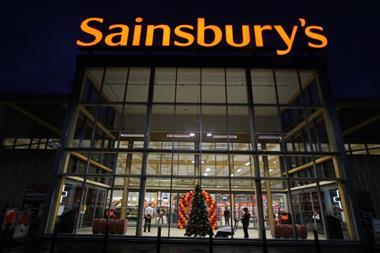
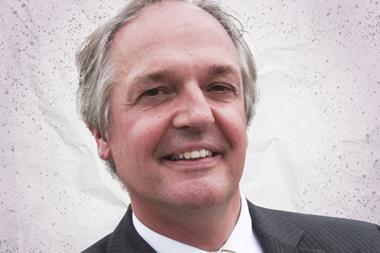
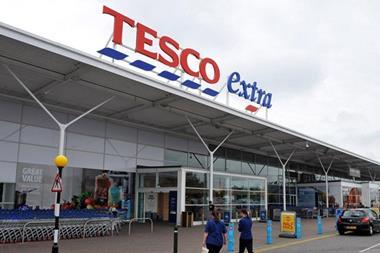



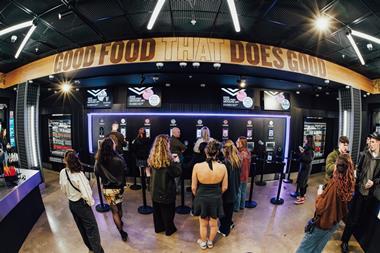

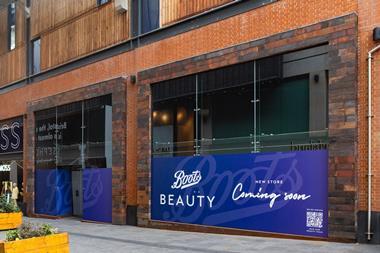
No comments yet